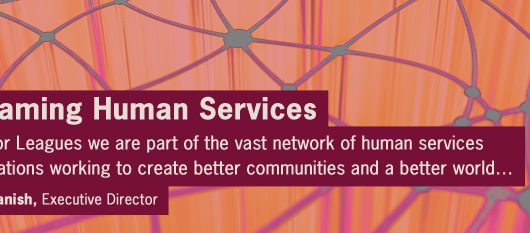All of us live with dead ideas – in our personal lives, in our organizations, in our countries and in the world. These are ideas that we hang onto although circumstances around us have changed; beliefs we hold onto that if we dig a little deeper are just wrong.
I recently had the opportunity to facilitate a panel discussion about dead ideas at the 2012 Independent Sector Conference in San Francisco. Independent Sector is …”the leadership network for nonprofits, foundations, and corporate giving programs committed to advancing the common good in America and around the world.” The annual conference is always forward-thinking and thought-provoking.
The panelists spoke about three really big ideas that they think are dead. Kiff Gallagher, Founder and CEO of Musiciancorps, posed the idea that the focus on quantitative outcomes for all social sector work is dead – or should be. Absolute heresy in a sector where outcome measurement and quantifiable impact are the watchwords of the day. He talked about the importance of art and music in all aspects of human development and life – and made a compelling case.
Dana O’Donovan, Chief Operating Officer of the Monitor Institute, a strategy and capability-building think tank and consulting firm for the nonprofit sector, drew cheers and applause when she boldly stated that strategic plans are dead! In their place is a more real time, proactive form of planning (not plans) that better reflects our rapidly changing world.
Orson Aguilar, CEO of the Greenlining Institute, an organization dedicated to empowering communities of color and other disadvantaged groups, asserted that post-racialism is dead – that while many would like to believe that we are beyond issues of race and ethnicity, particularly with the re-election of Barack Obama, that simply isn’t the case. Orson called for the need for real conversations to truly address current realities.
My own thoughts about dead ideas have been influenced heavily by “The Tyranny of Dead Ideas,” a book by Matt Miller. In that book he talks about dead ideas in education, health care, government…. He charges us with identifying the dead ideas that matter, understanding each dead idea’s story and reaching for new and paradoxical thinking.
At AJLI we have been addressing dead ideas in our own organization – dead ideas about the way Junior Leagues govern and manage and dead ideas about the member experience that harken back to the 1950’s or earlier. We just haven’t called them “dead ideas.” But I’m going to do even more thinking about dead ideas and especially those that really matter. And I wonder, what dead ideas have each of you reading these few paragraphs identified – in your personal lives, your organizations, your country or the world?

Susan E. Danish
Executive Director
The Association of Junior Leagues International, Inc.

